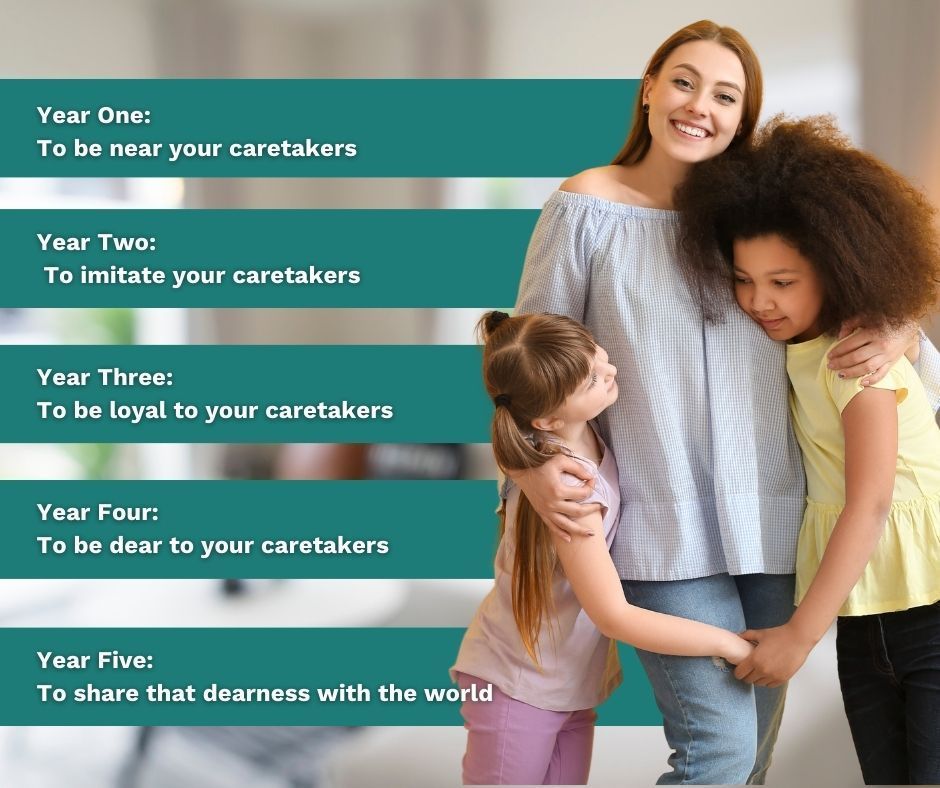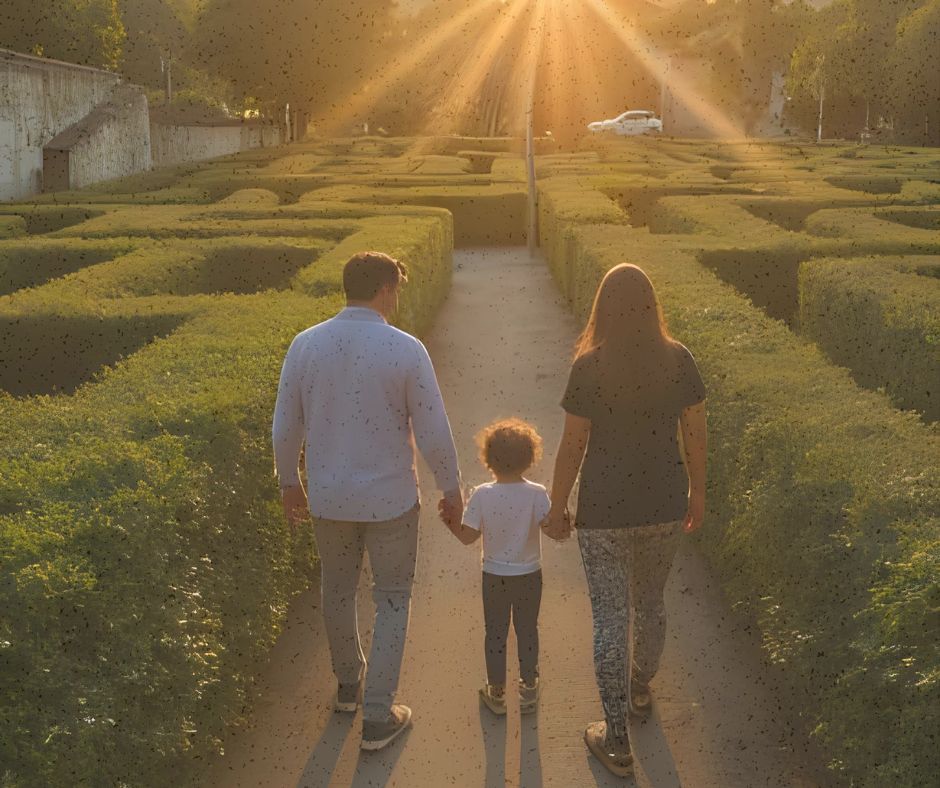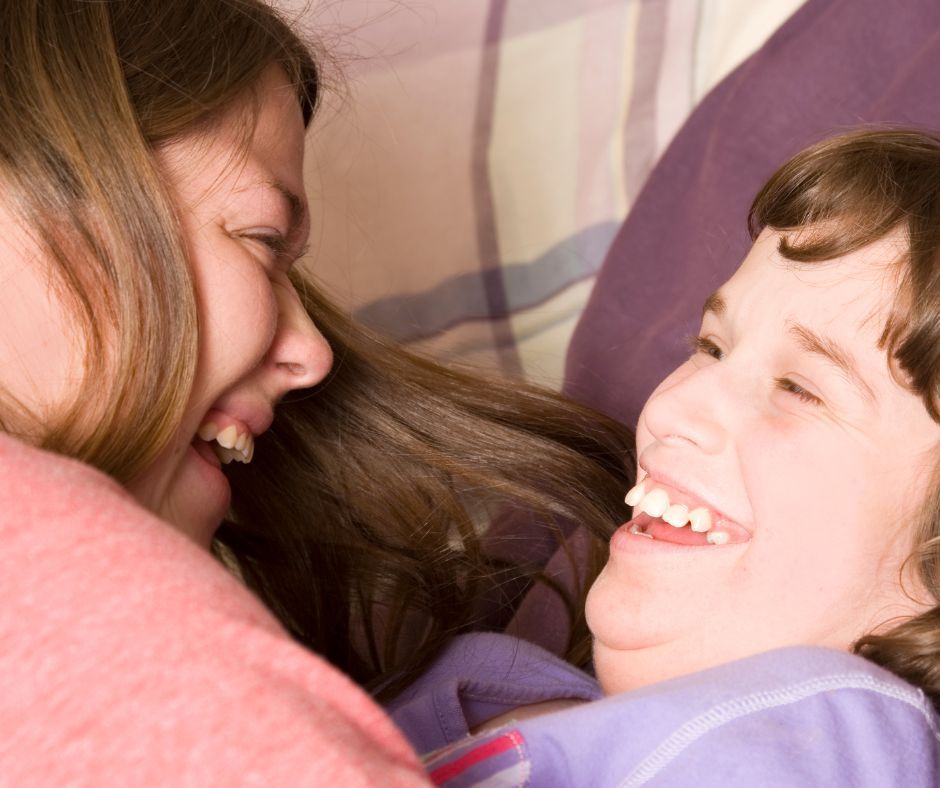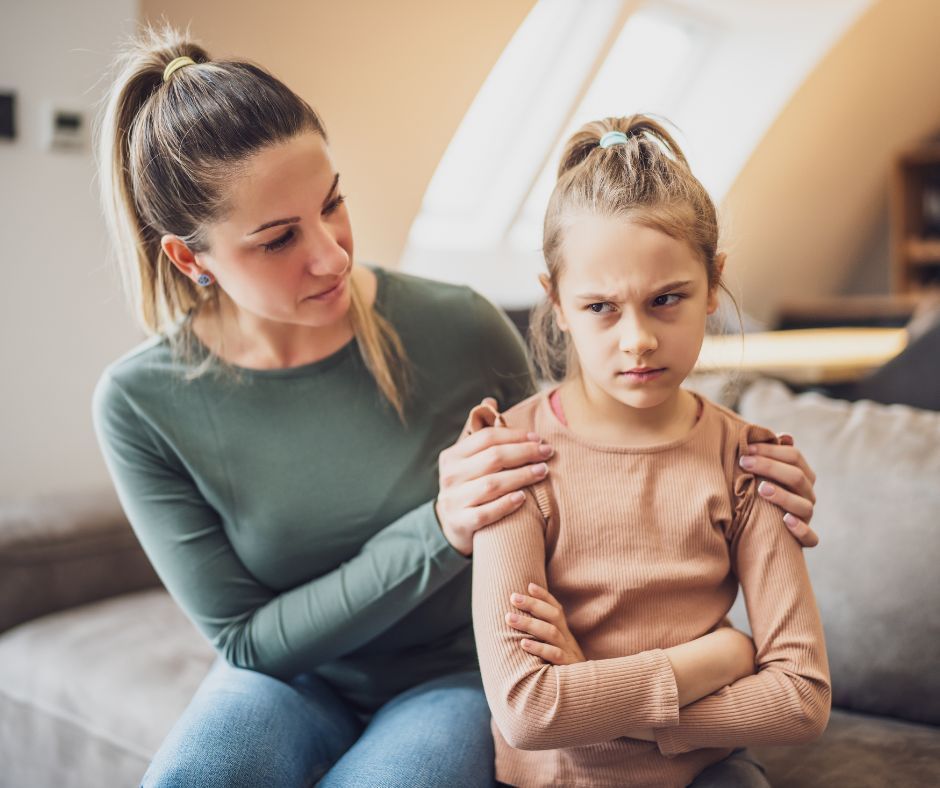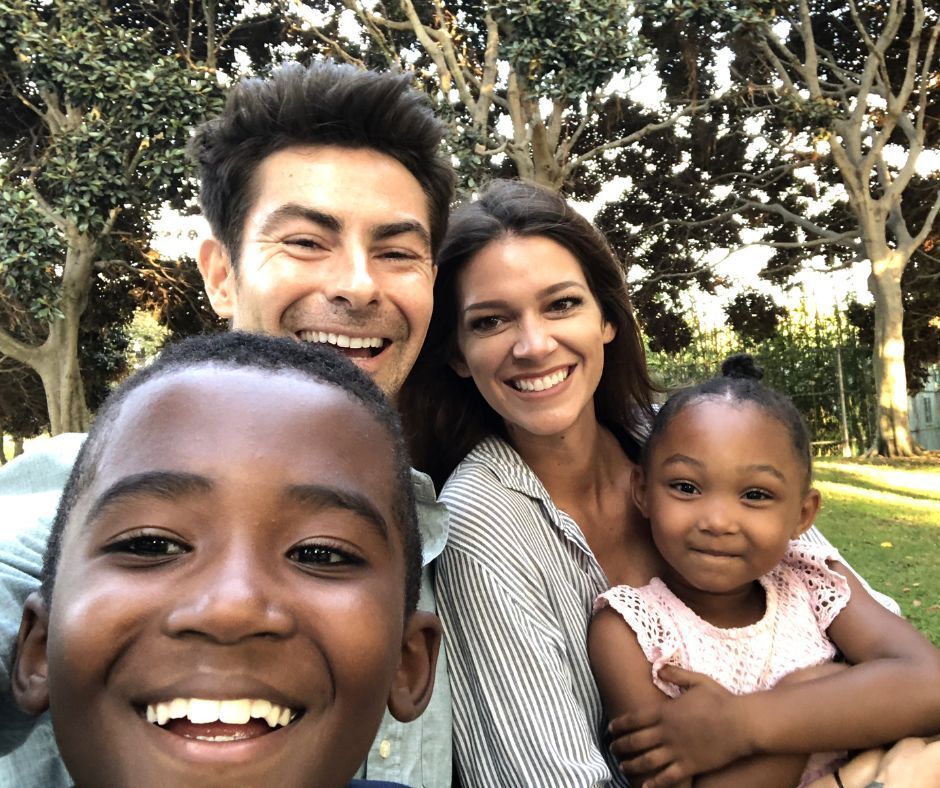Dr. Gordon Neufeld describes attachment as a series of developmental “lessons” children naturally move through when caregiving is consistent and secure:
When children remain with a steady caregiver, they typically pass through these stages like little attachment geniuses—layer by layer, year by year—building the foundation for emotional health and secure relationships.
But when attachment is disrupted, the lessons don’t always unfold as designed.
What Happens in Disrupted Attachment
In homes where children remain with their biological parents—even in situations of neglect or abuse—I’ve observed that children still often internalize the first three attachment lessons. They cling fiercely to nearness, they imitate, and they become intensely loyal. This is why children from very difficult homes can still defend or protect their parents, even when those parents have caused them great harm. Their survival depends on that early loyalty.
In adoption, however—even in the most loving and consistent families—the story often looks different. Many adopted children skip over those first three lessons entirely. Without the security of nearness, imitation, and loyalty, they seem to jump straight into trying to be “dear” to others, seeking acceptance and approval. On the surface, this can look like friendliness or people-pleasing. But without the foundation, it leaves them fragile and easily wounded.

